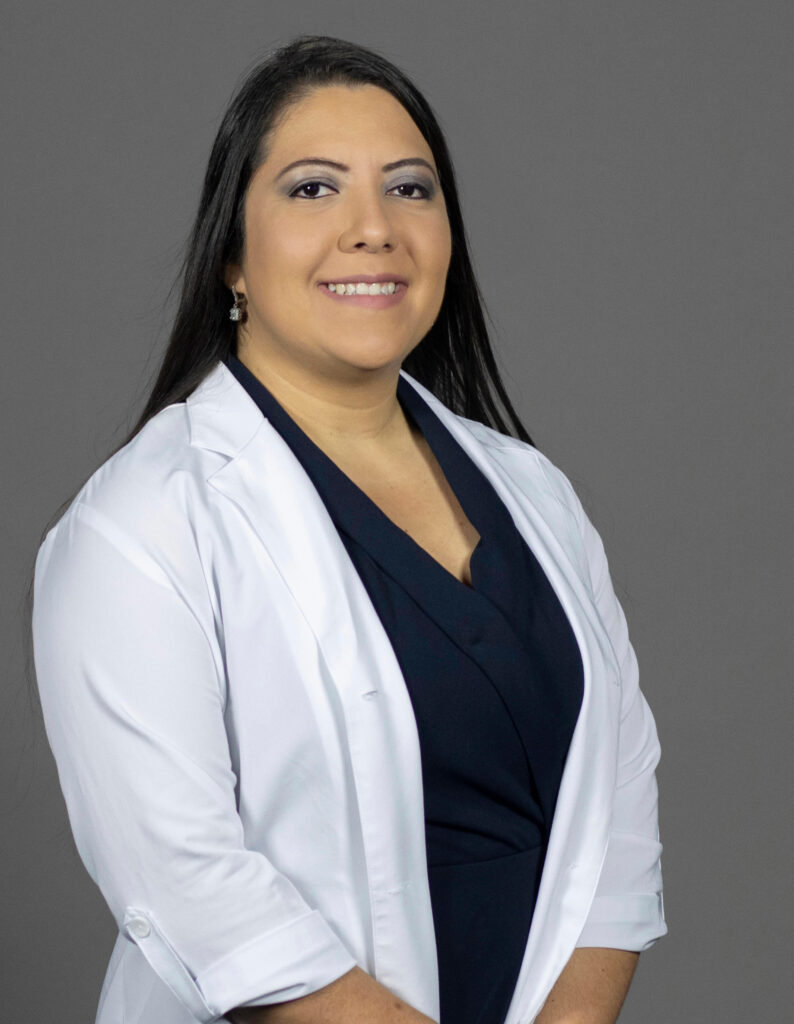PHARMACY RESIDENCY PROGRAM
NCH Healthcare System is a not-for-profit, 716-bed, advanced community teaching health system consisting of two acute care hospitals (Downtown Baker Hospital and North Naples Hospital), two free-standing emergency departments, one outpatient infusion center and an expansive network of ambulatory primary care and specialty clinics.
The PGY1 Pharmacy Residency Program is a 12-month training program accredited by the American Society of Health System Pharmacists (ASHP) and located at the NCH Downtown Baker Hospital. The PGY1 Pharmacy Residency program builds on Doctor of Pharmacy (Pharm.D.) education and outcomes to contribute to the development of clinical pharmacists responsible for medication-related care of patients with a wide range of conditions, eligible for board certification and eligible for postgraduate year two (PGY2) pharmacy residency training.
The program’s goal is to develop the resident’s clinical and professional skills to be an effective, confident, and well-rounded clinician and educator capable of optimizing the pharmaceutical care of patients and addressing the challenges of the evolving pharmacy practice and healthcare climate. The program is designed to provide the pharmacist with the competencies and skills that enable attainment of board certification in Pharmacotherapy Specialty and/or PGY2 specialty residency training as well as achievement of a desired position in the field of pharmacy.

Learning Experiences
Program Structure
Required Clinical Learning Experiences
- Orientation – 4 weeks
- Internal Medicine – 6 weeks
- Antimicrobial Stewardship – 6 weeks
- Critical Care I – 6 weeks
- Contemporary Pharmacy Practice – 6 weeks
- Emergency Medicine – 6 weeks
- Cardiology – 6 weeks
Elective Learning Experiences
- Critical Care II – 4-6 weeks
- Cardiovascular ICU
- Oncology – 4-6 weeks
- Pediatrics – 4-6 weeks
- Outpatient Infusion Services – 2 weeks
- Pharmacy Informatics – 2 weeks
Required Longitudinal Learning Experiences
Clinical Pharmacy Practice Leadership – 52 weeks
- The Clinical Pharmacy Practice Leadership learning experience is designed to provide the resident with practical experience and develop skills necessary to apply medical literature and clinical judgement to affect clinical care at the institutional level. Activities included within this learning experience include:
- Formulary monograph and drug class review for presentation at applicable committees including Pharmacy and Therapeutics Committee
- Clinical subcommittee participation and leadership (committee(s) assigned based on resident interest and goals)
- Anticoagulation
- Antimicrobial Stewardship
- Glycemic Control
- Opioid Stewardship
- Implementation of clinical initiatives at the system level
- Clinical Investigation and analysis of medication errors
- Medication error reporting and trending
- Pharmacy department clinical newsletter
- One 1-hour ACPE-accredited continuing education presentation
- One 1-hour NCH Grand Rounds presentation
- Clinical Skills Development Sessions (patient case-based)
- ACLS Mock Code Response (Simulation Center)
Pharmacy Practice Experience – 52 weeks
- Each resident will fulfill the Pharmacy Practice Experience requirements by providing clinical and operational pharmacy services. Pharmacy Practice Experience will begin in July and is completed in June.
- One mid-day shift from 4:00-8:00 p.m. a week/three (3) weeks a month and two eight-hour shifts one weekend a month. (Weekend pharmacy practice experience requirements do not entitle the resident to any additional time off during the week)
- Each resident will be required to staff one of the following holidays: Thanksgiving, Christmas Day or New Year’s Day. Residents will be off all major holidays unless they choose to work.
Research and Quality – 52 weeks
- Each resident is required to complete one medication use evaluation (MUE) and one quality research project to enhance the residents’ professional growth, research skills and benefit the department through innovative changes in the way pharmacy is practiced.
- A primary project advisor is selected for each project depending on the project type and location and the project advisor will help guide the resident for the duration of the assigned project.
- The MUE findings will be presented by the resident as a poster presentation at the ASHP Midyear Clinical Meeting in December.
- The research project will be presented by the resident to members of the Department of Pharmacy and at the Florida Residency Conference in the spring in addition to the preparation of a manuscript suitable for publication.
Pharmacy Administration – 52 weeks
- The longitudinal Pharmacy Administration learning experience will consist of quarterly – sessions on various administration topics.
- The resident will be assigned and involved in ongoing longitudinal projects/initiatives to apply concepts discussed in the quarterly sessions.
- Each quarter will focus on different concepts of pharmacy enterprise including:
- Pharmacy Operations and Management
- Budgeting and Scheduling
- Regulatory Compliance
- Human Resources and Policy
How to Apply and Benefits
Learn more about the application process and exceptional benefits of our PGY1 Residency Program. With a competitive salary, health insurance, paid time off, and professional development opportunities, our program offers comprehensive support for your career and personal growth. Discover the perks of on-site health and wellness programs, discounted meals, and conference travel reimbursement.
Click below to find out how to join our dynamic team.

Our Esteemed Faculty and Distinguished Residents
Join our PGY1 Pharmacy Residency Program to be guided by dedicated preceptors with extensive expertise in various therapeutic areas. Benefit from passionate faculty committed to your development, providing top-notch mentorship and a comprehensive foundation for your future career as an exceptional clinical pharmacist.